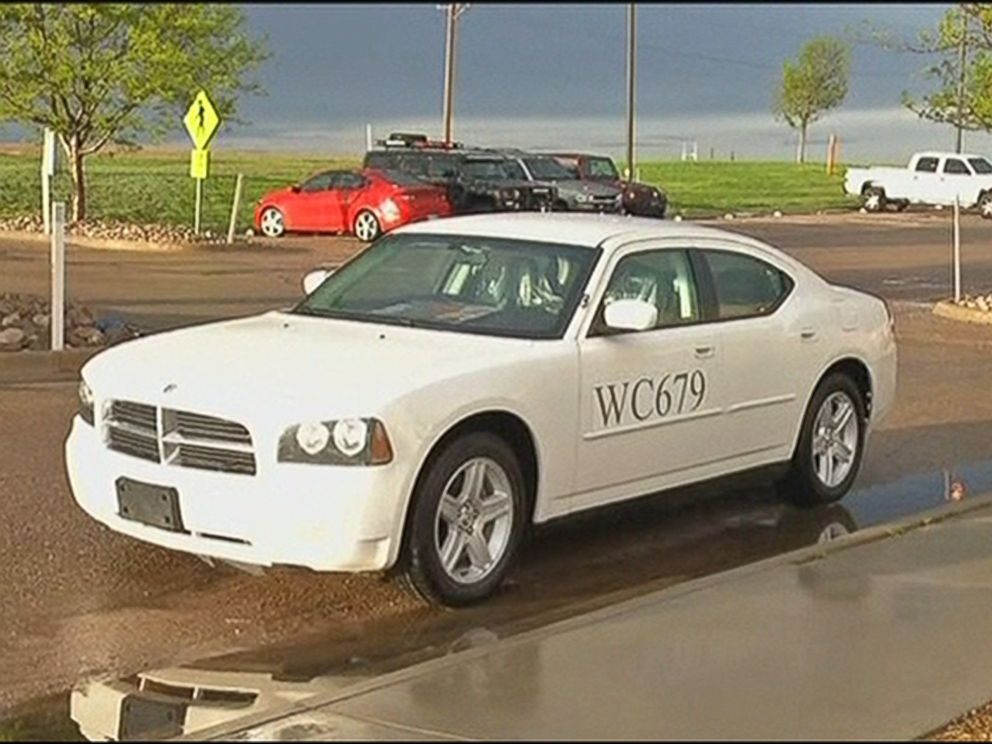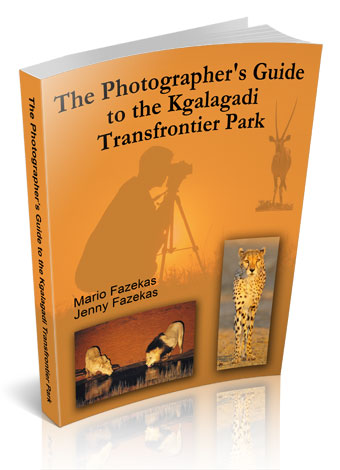 |
| Hand-in-hand, in friendship. |
Writers and authors not only look at words, but utilize them with a purpose in mind, frequently to tell a story that is deeper than one could ever tell with a picture. Fictional characters speak their thoughts in words, as do average human beings. Words can tell about reality or create a whole, fantastic, imagined world.
Philosopher and poet
DAVID WHYTE chose 52 ordinary words to discuss in short essays, that became his book,
Consolations: The Solace, Nourishment and Underlying Meaning Of Everyday Words, published this year. His essays explore the many dimensions of each word, bringing the reader to a fuller and richer sense of the many ways that word can be used. One of those words is friendship.
So, what does Mr. Whyte have to say about friendship? According to him, "
Friendship is a mirror to presence and a testament to forgiveness. Friendship not only helps us see ourselves through another's eyes, but can be sustained over the years only with someone who has repeatedly forgiven us for our trespasses as we must find it in ourselves to forgive them in turn. A friend knows our difficulties and shadows and remains in sight, a companion to our vulnerabilities more than our triumphs, when we are under the strange illusion we do not need them. An undercurrent of real friendship is a blessing exactly because its elemental form is rediscovered again and again through understanding and mercy. All friendships of any length are based on a continued, mutual forgiveness. Without tolerance and mercy all friendships die."
Friends know our internal feelings, sometimes much more than the parents who begot us. Parents have a notion of who they want us to become, but not necessarily our friends. There is an acceptance of who we are, in all our beauty and with all of our flaws. Here's Mr. Whyte again, "In the course of the years a close friendship will always reveal the shadow in the other as much as ourselves, to remain friends we must know the other and their difficulties and even their sins and encourage the best in them, not through critique, but through addressing the better part of them, the leading creative edge of their incarnation, thus subtly discouraging what makes them smaller, less generous, less of themselves."
Friendship requires an ongoing commitment, an ongoing contribution, an expenditure of energy, over a length of time. As David says, "The dynamic of friendship is almost always underestimated as a constant force in human life: a diminishing circle of friends is the first terrible diagnostic of a life in deep trouble: of overwork, of too much emphasis on a professional identity, of forgetting who will be there when our armored personalities run into the inevitable natural disasters and vulnerabilities found in even the most average existences."
How many times, we, as humans, refer to our friendships and how they have sustained us throughout our lives! The intermingling of relationships is part of our human condition, maybe as vital as the water we must have to sustain life. As Mr. Whyte writes, "[T]he ultimate touchstone of friendship is not improvement, neither of the other or of the self, the ultimate touchstone is witness, the privilege of having been seen by someone and the equal privilege of being granted the sight of the essence of another, to have walked with them and to have believed in them, and sometimes just to have accompanied them for however brief a span, on a journey impossible to accomplish alone." That is the human condition - to need that emotional accompaniment, making the journey through life with, rather than without.
Thanks to this article from Daily Good: http://www.dailygood.org/story/1059/david-whyte-on-the-true-meaning-of-friendship-love-and-heartbreak-maria-popova/.






























